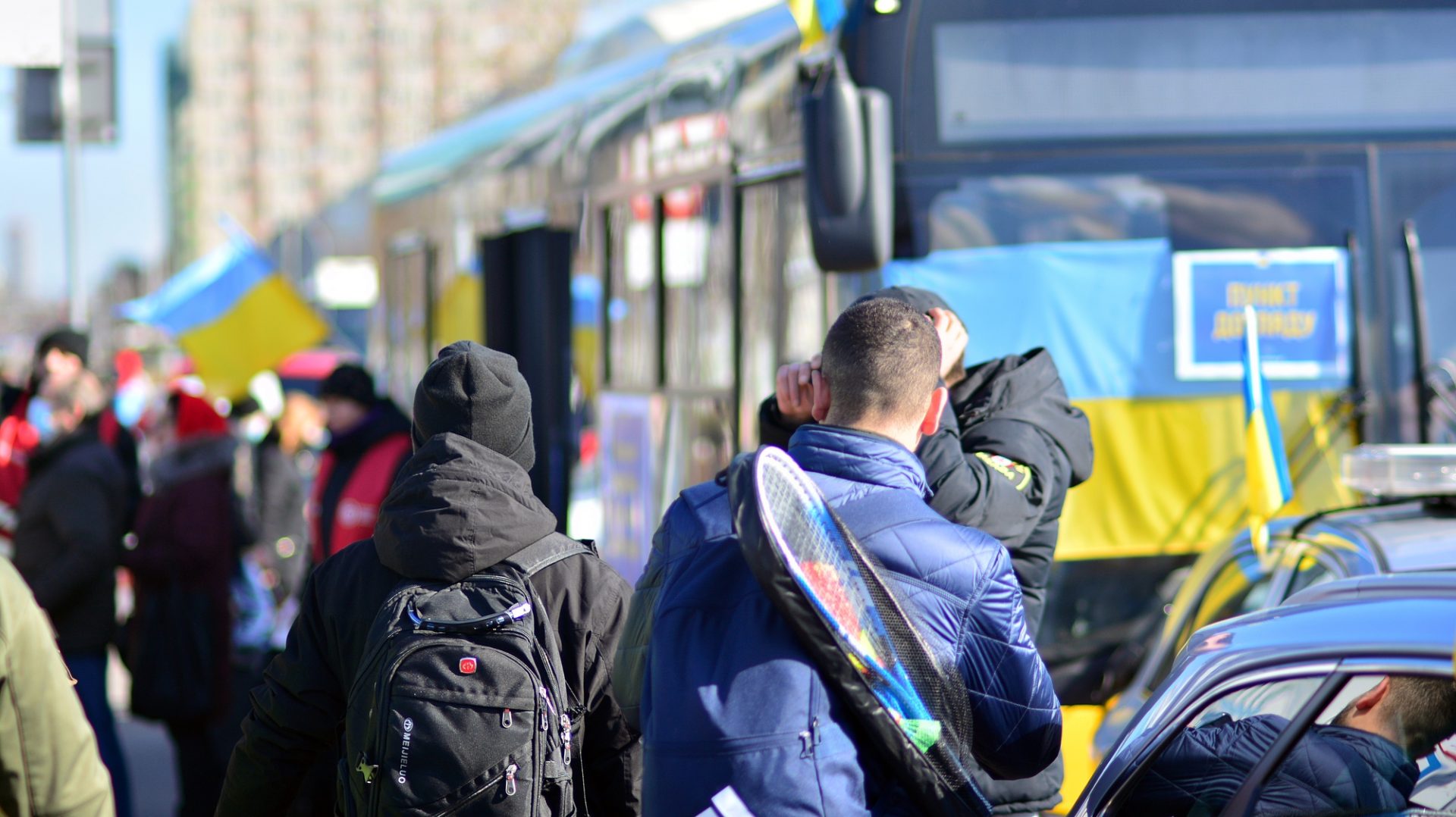A study has revealed that Ukrainian refugees in the Czech Republic, while predominantly employed, tend to live below the poverty line. The findings indicate that seven out of every ten refugees residing in the Czech Republic have incomes that fall below the poverty threshold. Notably, two-thirds of refugees aged 17 and above are engaged in employment. However, a significant number of Ukrainian workers, about two-thirds, earn less than 150 CZK per hour. Furthermore, close to three-fifths of those employed are in jobs that do not align with their qualifications. These insights were derived from the June segment of the comprehensive “Voice of Ukrainians” study conducted by PAQ Research. The study’s researchers suggest several measures to address these challenges, including enhancing Czech language courses, aiding in job search endeavors, and performing background checks. The potential adjustment of humanitarian benefits is also being recommended.
Among the refugee population over the age of 17, 67% are employed within the Czech Republic. This marks a substantial increase compared to the 45% of refugees who were employed during the corresponding period a year ago. However, within the working Ukrainian population, 60% are engaged in jobs that do not align with their skill sets. A significant portion of refugees, half of them, report working during weekends or late hours. Additionally, 40% indicate that their earnings are lower than those of Czech counterparts in similar positions. In order to make ends meet, 25% of them are working multiple jobs.
Around 55% of the refugees are engaged in precarious employment, often characterized by challenging working conditions. The primary obstacle to securing employment, as indicated by newcomers, is their lack of proficiency in the Czech language. The non-recognition of qualifications and limited access to childcare facilities are also mentioned as hurdles.
On average, refugees are earning 167 CZK per hour, which is 16 crowns more than the previous year’s figure in March. The increase is attributed to Ukrainians gradually transitioning to higher-skilled roles and factors such as inflation. The authors of the study note that the average net hourly earnings for the broader Czech population during the last quarter of the prior year were approximately 220 CZK.
However, it’s concerning that two-thirds of employed refugees are earning less than 150 CZK per hour. Within this group, 47% of men and 27% of women earn above this threshold. Women within the refugee population tend to have higher education levels compared to men.
The study also underscores that 60% of refugees are living below the income poverty line. Particularly vulnerable are families with children and the elderly. Seven out of ten individuals are grappling with material deprivation, which encompasses challenges such as unexpected expenses, inadequate clothing, limited use of transportation, infrequent dining out, insufficient heating, and limited access to meat. Additionally, almost half of refugee families lack the means to save for even a month due to constrained income.
In June, 55% of refugee households received humanitarian assistance for at least one member, representing a 10% decrease from the previous summer. PAQ anticipates a further decline following changes to the form of support introduced in July.
The research team recommends recalibrating the calculation of humanitarian aid and allowing refugees to access housing and child allowances after a specified period of residency. Other proposals include bolstering Czech language courses, facilitating suitable job placements, increasing the availability of childcare and kindergartens, and implementing workplace evaluations.
The “Voice of Ukrainians” initiative centers on various aspects such as employment, housing, education, income, language proficiency, and integration for newcomers. This collaborative effort involves PAQ Research and the Institute of Sociology of the Academy of Sciences, with support from the United Nations Children’s Fund (UNICEF) and the Ministry of Labor. The study, conducted six times thus far, most recently in June of the current year, encompasses insights from 1,425 households containing 3,789 Ukrainian refugees. The research monitors the well-being of those who arrived in the Czech Republic the previous year.
Source: ct24.ceskatelevize.cz


















